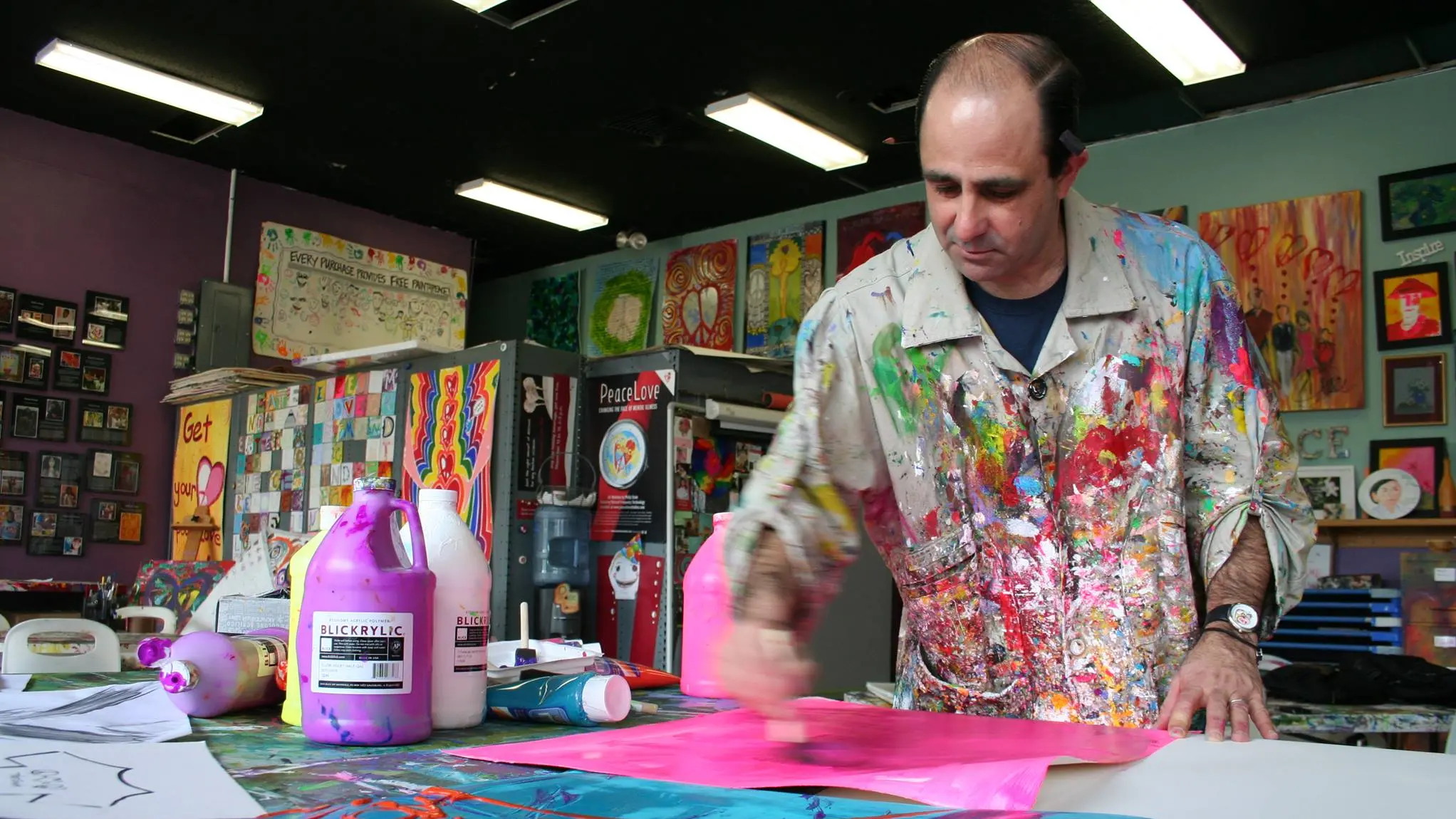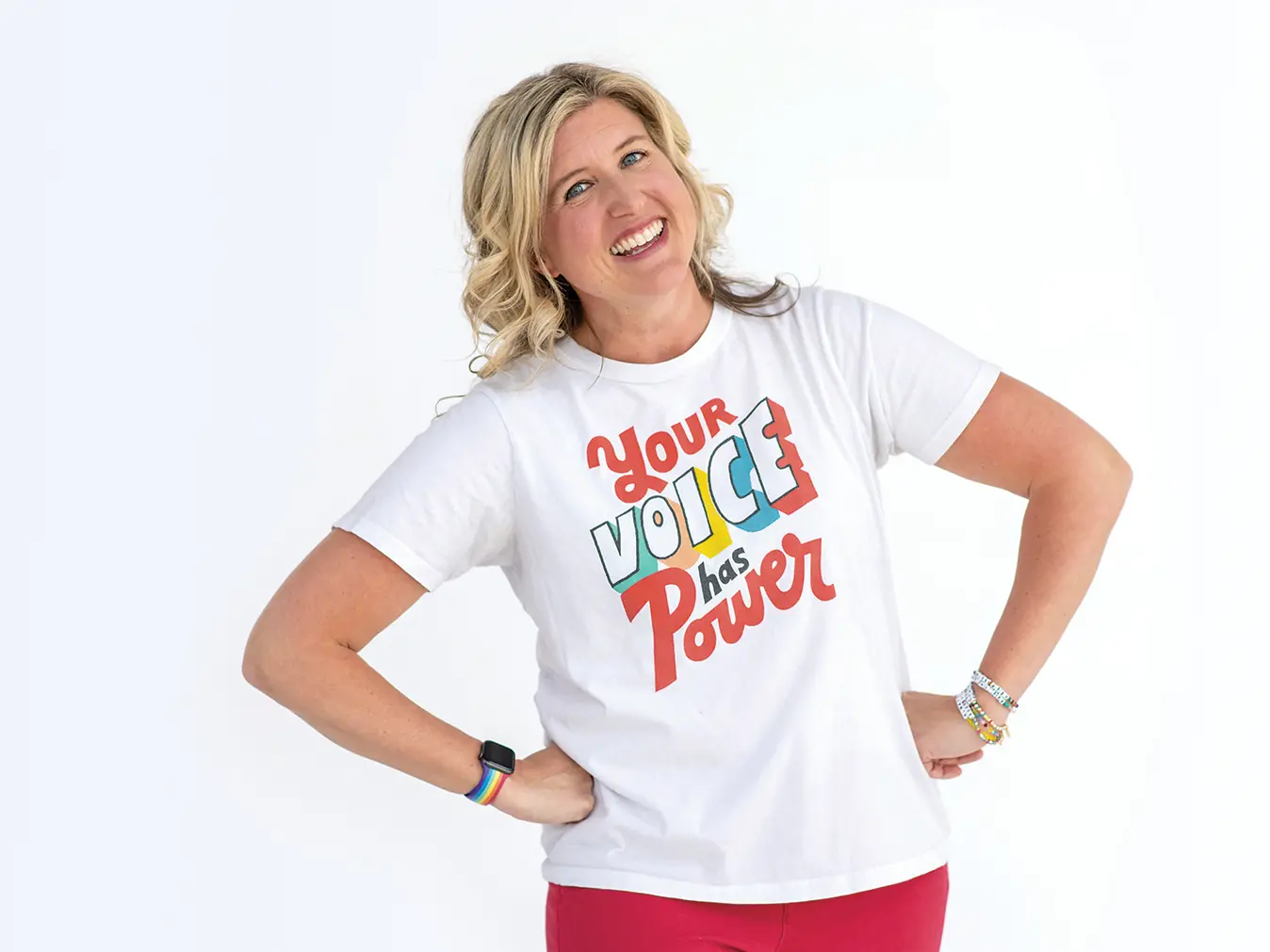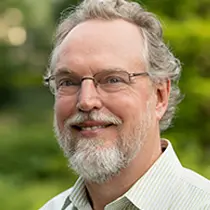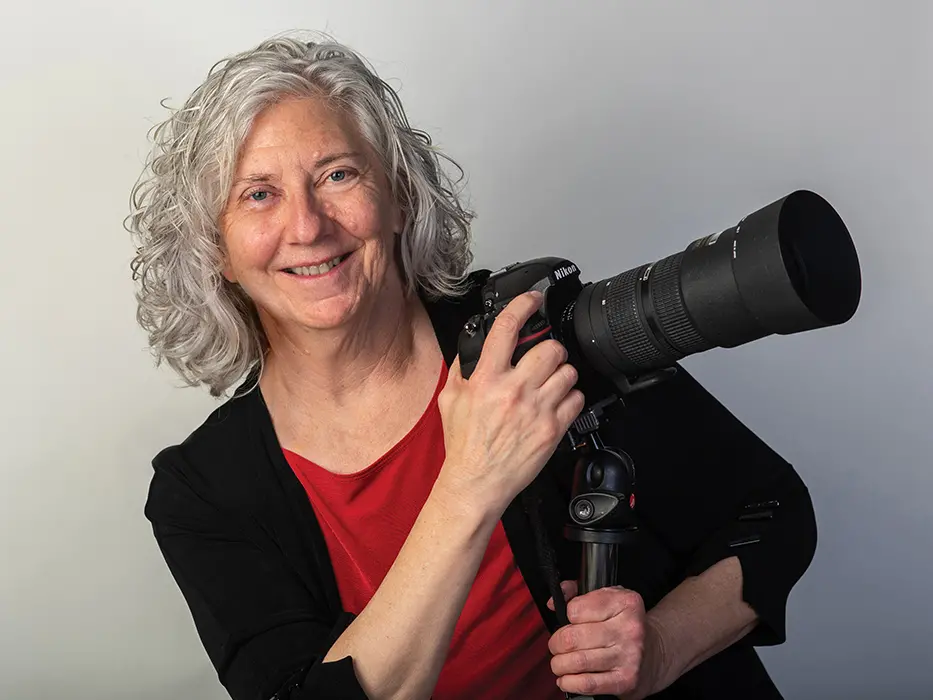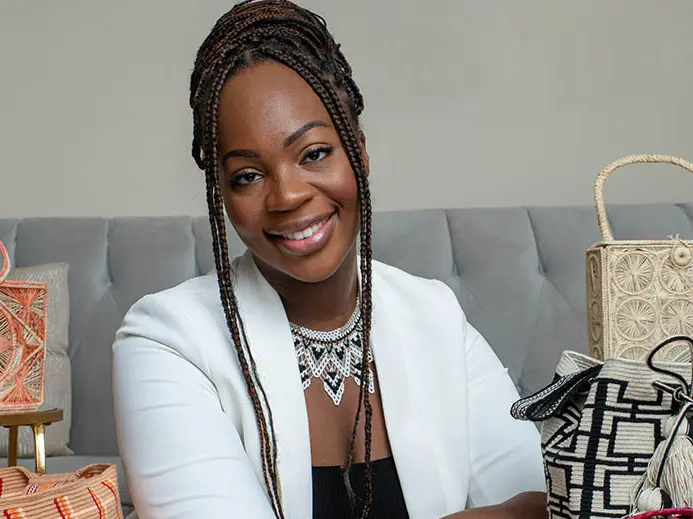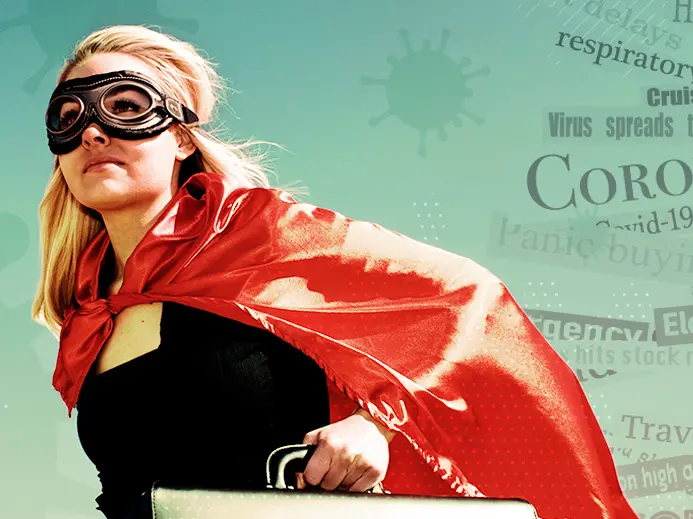Jeff Sparr ’85 has spent a quarter century sharing his battle with mental illness in schools, workplaces, the media and international gatherings such as the World Economic Forum and the YMCA World Conference.
Audience members often call him brave for telling his story in public. “But I’ve never thought of it as courageous,” Sparr says. “I feel almost like it’s a responsibility.”
His sense of duty comes from an understanding that millions of Americans struggle daily with maintaining mental wellness.
Sparr’s own struggles began at Ohio State in the 1980s while he was excelling as an economics major and captain of the men’s tennis team. During his junior season of play, an infection led to persistent itching. “No big deal for most people,” he says. “But I just became totally obsessed with it — completely consumed.”
Recurring and intrusive thoughts grew into anxiety attacks for Sparr, and that stress followed him home to Rhode Island after graduation. There, at age 23, he was diagnosed with obsessive-compulsive disorder.
Counseling and medication helped, and in 1994, Sparr found a creative outlet that lessened his OCD symptoms when he acted on a friend’s suggestion to try painting.
“I had absolutely no idea what I was doing, but from early on I loved it,” Sparr says. “When I painted, I was in control, even if it was for a short amount of time. And I found it invigorated my soul. It was an escape. I was able to get lost in the process, and that gave me some peace of mind, so I just kept doing it.”
Sparr developed his talent and eventually showed and sold his vivid works. “I’m living proof that creativity can change peoples’ lives,” he says.
Art took on broader purpose for Sparr in late 2008 when he saw how children in a psychiatric hospital responded when he shared his experience and painted with them. “These kids were lighting up,” he says.
Within months, Sparr co-founded the nonprofit PeaceLove Foundation to promote the use of expressive arts to create emotional, psychological and social well-being and change conversations around mental illness and the stigma often associated with it.
PeaceLove offers educational resources to all, as well as a program called CREATORS — with a visual arts, storytelling, sound and movement curriculum — that front line professionals use to help individuals develop coping skills.
“We’re kind of the door opener,” Sparr says. “When you enter our world of PeaceLove and use our programming, you’re in a safe place. You’re creating, and the next thing you know you’re sharing. If that helps somebody find their way to go to a doctor or a support group or to talk about something nobody knows, that’s a beginning.”
PeaceLove started with Sparr telling his story locally, but the foundation in Pawtucket, Rhode Island, has grown to 14 employees and the use of CREATORS by 200 professionals throughout the United States and Canada. During the pandemic, PeaceLove developed Scribl, creative activities offered in person and online, to make the journey to peace of mind more joyful.
Both programs are made possible through the sale of merchandise and backing from companies such as EyeMart Express and Johnson & Johnson. In 2021, Amazon Web Services and Hasbro became PeaceLove’s latest corporate partners, propelling Sparr’s longtime dream of eventually helping millions of people — ambition he traces back to his alma mater.
“Ohio State played a significant role in who I am,” Sparr says, “and how I’m driven to try to do something that has been very difficult on every level and maybe hasn’t been done before to the scale that I dreamed of.”
Sparr — who has a daughter, Charlee, who will be a senior this fall at Ohio State, and two sons, Harrison and Grayson — also now has a partnership with the university. In April, PeaceLove partnered with the Office of the Chief Wellness Officer to offer Scribl to students.
“It’s all about collaboration,” Sparr says. “When you want to make major social change, you have to do it differently. I think years from now, we’ll look back and say, ‘Hey, Ohio State understood what it was going to take.’
“To have my university by my side in doing this, what could be better?”
